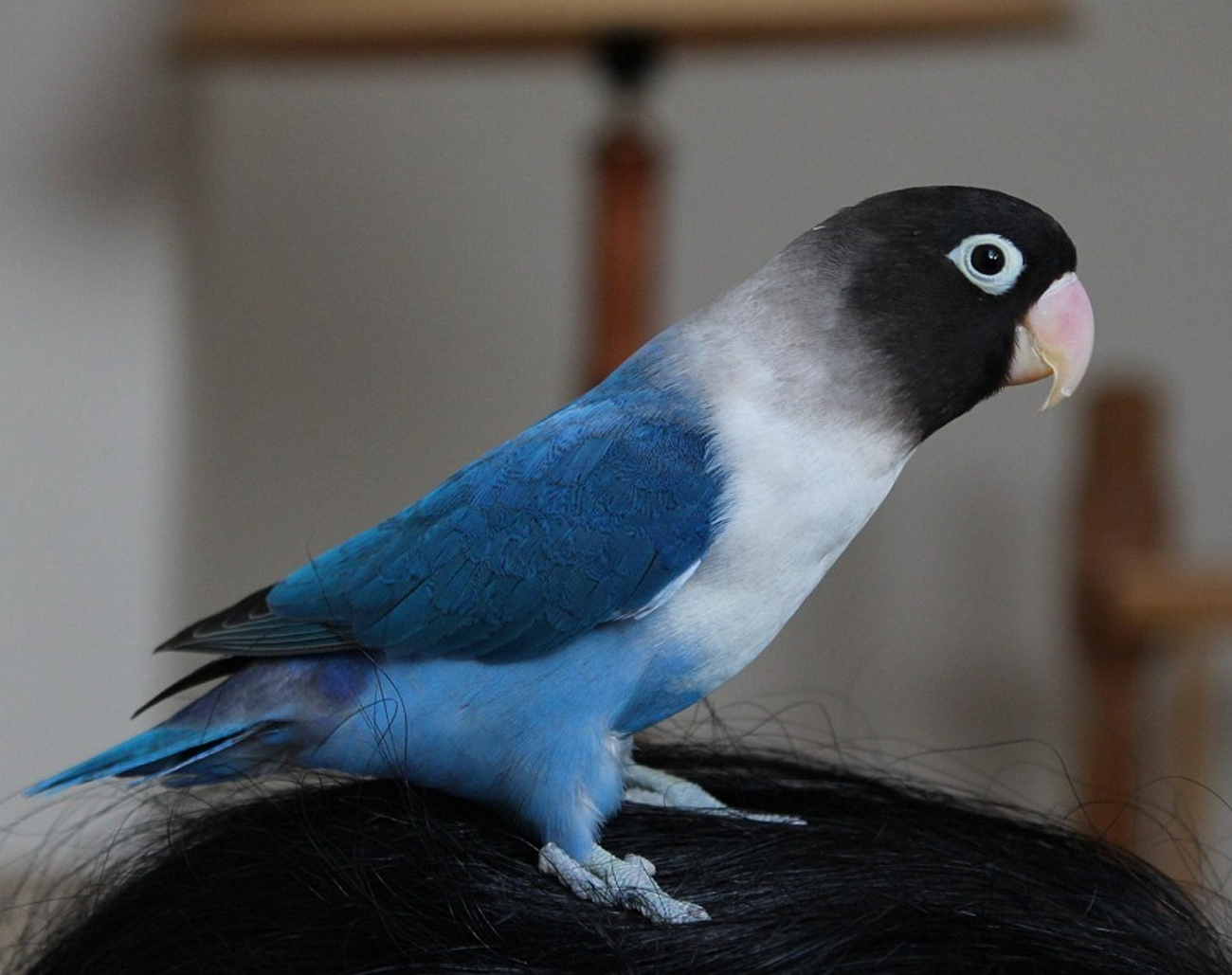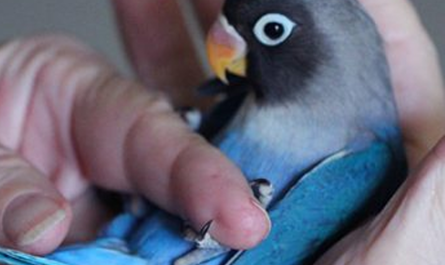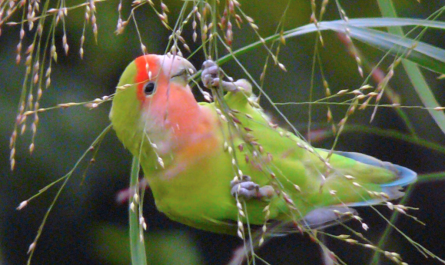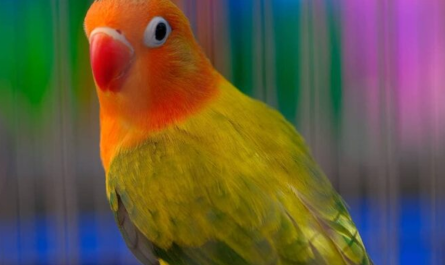Lovebirds are charming and affectionate pets known for their vivid colors and strong bonds with their mates. As with any pet, understanding their lifespan is crucial for providing the best care and preparing for their needs over time. In this article, we’ll explore the factors that influence the lifespan of lovebirds and how you can help them live a long and healthy life.
Average Lifespan of Lovebirds
On average, lovebirds live between 10 to 15 years in captivity. However, this can vary depending on several factors, including their diet, living conditions, and overall health.
- Species Differences: There are various species of lovebirds, and their lifespans can differ slightly. For example:
- Peach-Faced Lovebirds: These are among the most common and can live up to 15 years with proper care.
- Fischer’s Lovebirds: Typically, they have a lifespan of about 10 to 12 years.
- Black-Masked Lovebirds: They generally live around 12 to 14 years.
- Genetics: Similarly to other animals, genetics play a role in the lifespan of lovebirds. Birds from healthy breeding lines are more likely to have longer lifespans.
Factors Affecting Lifespan
To help your lovebird reach the higher end of its lifespan range, consider the following factors:
- Diet: A balanced diet is crucial for your lovebird’s health. Provide high-quality pellets as the main food source, supplemented with fresh fruits, vegetables, and occasional seeds. Avoid feeding them avocados, chocolate, and caffeine, as these are toxic.
- Alternative: Proper nutrition is vital for maintaining your lovebird’s well-being. Offer premium pellets as the primary diet, along with fresh produce and occasional seeds. Steer clear of avocados, chocolate, and caffeine, which are harmful to birds.
- Housing: Ensure your lovebird has a spacious and clean cage. The cage should be equipped with perches of various sizes, toys for mental stimulation, and appropriate bedding. Clean the cage regularly to prevent waste buildup and bacterial growth.
- Alternative: A well-maintained and spacious cage is essential for your lovebird. Provide perches of different sizes, stimulating toys, and clean bedding. Regular cleaning is necessary to avoid the accumulation of waste and bacteria.
- Exercise: Lovebirds need daily physical activity to stay healthy. Allow them time outside the cage in a safe, bird-proofed area. This helps them stay active and mentally engaged.
- Alternative: To keep your lovebird fit, ensure they have daily exercise. Let them out of the cage in a secure, bird-proof environment to promote physical and mental activity.
- Social Interaction: Lovebirds are highly social creatures and thrive on interaction with their owners or other birds. Spend quality time with your lovebird each day to build a strong bond and keep them emotionally satisfied.
- Alternative: Social engagement is crucial for lovebirds. Interact with them daily to strengthen your relationship and keep them emotionally fulfilled.
- Veterinary Care: Regular check-ups with an avian veterinarian can help identify potential health issues early. Routine examinations and vaccinations (if necessary) are important for disease prevention and management.
- Alternative: Routine veterinary visits are essential for your lovebird’s health. Schedule regular check-ups with an avian specialist to catch and address any health concerns early.
- Environmental Factors: Avoid exposing your lovebird to extreme temperatures, drafts, or direct sunlight. Ensure their living environment is calm and safe, free from household hazards like toxic fumes and sharp objects.
- Alternative: Protect your lovebird from environmental hazards by keeping them away from extreme temperatures, drafts, and direct sunlight. Create a safe and tranquil living space, free from harmful household items.
Signs of Aging
As lovebirds age, they may show signs such as reduced activity levels, changes in plumage, or alterations in their eating habits. Regular veterinary check-ups can help manage these changes and ensure that your bird remains comfortable and healthy in its later years.
- Alternative: Older lovebirds may exhibit signs of aging such as decreased activity, changes in their feathers, or modifications in their diet. Regular vet visits are crucial for managing these changes and ensuring their well-being in their senior years.
Conclusion
Lovebirds can enjoy a long and fulfilling life of 10 to 15 years with proper care. By providing a nutritious diet, a clean and stimulating environment, regular exercise, and veterinary care, you can help your lovebird live a happy and healthy life. Remember, attentive care not only extends their lifespan but also enhances their quality of life, making your time together even more rewarding.
- Alternative: With appropriate care, lovebirds can live a vibrant and extended life of up to 15 years. Ensure they receive balanced nutrition, a well-maintained living space, regular exercise, and routine veterinary attention to support their health and happiness.
Share this content:




